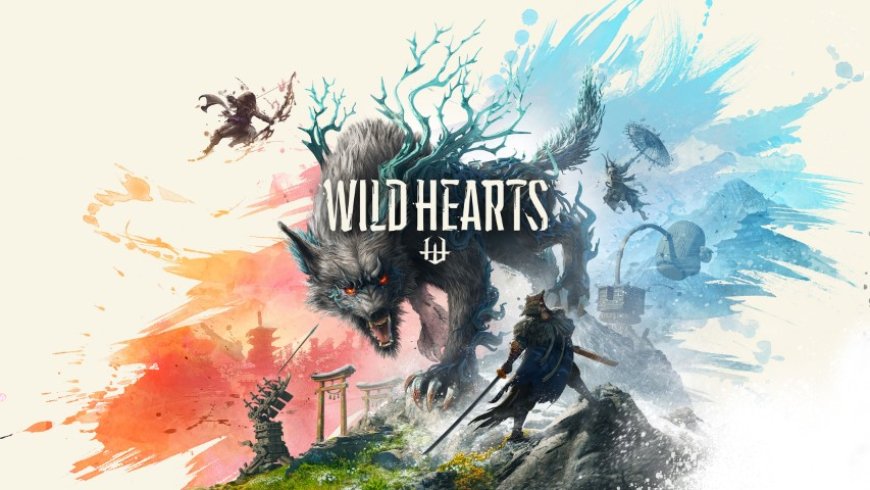Wild Hearts, Monster Hunter But Better?
Impressions of the game Wild Hearts, focusing on its performance, gameplay mechanics, and the frustrations expressed by the gaming community.

In this article, we discuss our impressions of the game Wild Hearts, focusing on its performance, gameplay mechanics, and the frustrations expressed by the gaming community. We begin by noting that we were initially concerned about the game's performance, as the preview build we played several months ago was in a poor state, with many performance issues. However, our experience playing the game so far has been better than expected, with only a few minor frame drops and popping issues.
We then turn to the frustration expressed by the gaming community, particularly in the form of negative reviews on Steam. We believe that this frustration stems from a growing weariness with games being released in an unfinished state, and that Wild Hearts is an unfortunate victim of this trend. While the game is fun and engaging to play, it could have benefited from a few more months of development and polishing before release.
Moving on to the gameplay mechanics, we note that Wild Hearts plays similarly to Monster Hunter, with simplified mechanics that make it accessible to new players. We believe that the game is a good entry point for players who are interested in the Monster Hunter genre but find it overwhelming. We also appreciate the game's movement mechanics, which allow for fast-paced, fluid combat.
We really love the building mechanic that has been added to this game, allowing players to build on the fly during combat. This feature sets the game apart from Monster Hunter, and it adds a layer of complexity to the combat that makes it more dynamic. The deep crafting system offers a wide range of structure options, both in and out of combat. The structures that players use will be different based on the enemy they are fighting, which allows for different strategies depending on the weapon used.
Another great feature is that the world is persistent, meaning that everything a player builds on their own map stays on their map. This allows players to build structures and use them repeatedly in future hunts, and in co-op play, players can use each other's structures, adding to the variety on the battlefield.
The game's implementation of building mechanics is fun, and players can create camps and things in different locations and build zip lines, giving them a playground to play in. However, we feel that the game needs many patches to improve its performance and correct any bugs, and unless they add more content, the game's price point should come down.
If someone likes Monster Hunter or is interested in the gameplay and always wanted to get into Monster Hunter but found it too complicated, this game is a great choice. We wouldn't recommend paying $70 for it, but at its current price point of $40 to $50, it's a great buy. We think it's a game that people want to play, but the price needs to come down before it's worth it.







